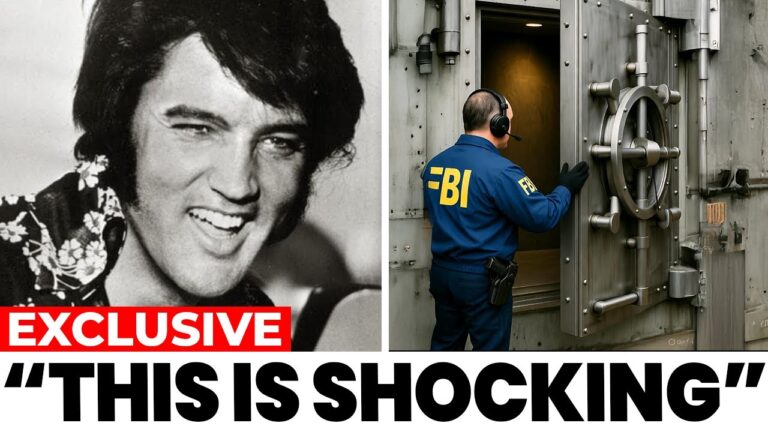Yukon Men Stars: Thriving in Alaska’s Wilderness After Reality TV
 The reality TV series “Yukon Men” may have aired its final episode in 2017, but the legacy of its stars continues to thrive in the rugged landscape of Alaska. Known for its authentic portrayal of life in the remote village of Tanana, the show captured the hearts of viewers with its genuine depiction of survival skills, community bonds, and the challenges of living off the land. As the world shifts towards urban lifestyles, what have these Yukon Men been up to since the cameras stopped rolling?
The reality TV series “Yukon Men” may have aired its final episode in 2017, but the legacy of its stars continues to thrive in the rugged landscape of Alaska. Known for its authentic portrayal of life in the remote village of Tanana, the show captured the hearts of viewers with its genuine depiction of survival skills, community bonds, and the challenges of living off the land. As the world shifts towards urban lifestyles, what have these Yukon Men been up to since the cameras stopped rolling?
Stan Zuray, one of the show’s most beloved figures, remains a stalwart of Tanana, where he has lived for over four decades. A seasoned trapper, dog musher, and fisherman, Stan has embraced his subsistence lifestyle while also taking on new challenges. Married to Kathleen, the couple celebrated their 29th wedding anniversary in 2024. Stan has ventured into writing, co-authoring a biography titled “Carry On: Stan Zuray’s Journey from Boston Greaser to Alaskan Homesteader,” published in 2017. Recently, he was appointed to the Alaska Board of Fisheries, a role that underscores his commitment to sustainable fishing practices. As of 2025, he remains a respected figure in the community, actively involved in research on salmon populations and mentoring the next generation.
James Roberts, another standout from the series, has adapted to changing times by investing in a portable sawmill after the local lumber supply dwindled. He continues to teach his children the importance of self-sufficiency, balancing his work with a passion for dog mushing. Despite the decline of traditional practices, James remains a significant source of firewood for the community, proving that resilience is key to survival in Alaska.
 Joey Zuray, Stan’s son and a fan favorite, has embraced fatherhood and continues to uphold the family’s legacy of subsistence living. Married to Samantha, the couple welcomed their daughter, Renee, in 2022 and are expecting their second child soon. Joey remains active in traditional hunting and dog mushing, even participating in the Yukon 800 riverboat race. His commitment to preserving Tanana’s culture is evident as he teaches his children the skills necessary for survival in the wilderness.
Joey Zuray, Stan’s son and a fan favorite, has embraced fatherhood and continues to uphold the family’s legacy of subsistence living. Married to Samantha, the couple welcomed their daughter, Renee, in 2022 and are expecting their second child soon. Joey remains active in traditional hunting and dog mushing, even participating in the Yukon 800 riverboat race. His commitment to preserving Tanana’s culture is evident as he teaches his children the skills necessary for survival in the wilderness.
The Moore family, led by patriarch Pat Moore, has also faced challenges since the show concluded. Pat continues to operate the family dog kennel while grappling with the loss of his wife, Lorraine, who has required extensive care due to health issues. Despite personal hardships, Pat remains a beloved figure in the community, sharing his knowledge of dog care and mushing with the younger generation. His foray into music has provided a creative outlet, allowing him to connect with the community in new ways.
 Charlie Wright has shifted his focus to environmental advocacy, becoming a key player in preserving the salmon population critical to the local culture. As a community leader, he balances his traditional lifestyle with responsibilities that impact future generations. His children, including Robert Bob Wright, have also embraced their heritage, successfully blending modern work with subsistence practices.
Charlie Wright has shifted his focus to environmental advocacy, becoming a key player in preserving the salmon population critical to the local culture. As a community leader, he balances his traditional lifestyle with responsibilities that impact future generations. His children, including Robert Bob Wright, have also embraced their heritage, successfully blending modern work with subsistence practices.
The stars of “Yukon Men” may have left the small screen, but their stories continue to resonate in the heart of Alaska. Each individual has adapted to the changing landscape while remaining committed to their roots, proving that the spirit of the Yukon is alive and well. As the world looks toward urbanization, these men and women stand as a testament to the enduring power of tradition, resilience, and the unbreakable bond with the land.
While fans still mourn the cancellation of “Yukon Men,” the lives of its stars remind us that the wilderness of Alaska is not just a backdrop for reality TV—it’s a way of life. As they navigate the complexities of modern living, these Yukon Men and women are not just surviving; they are thriving, ensuring that their legacy endures for generations to come.





